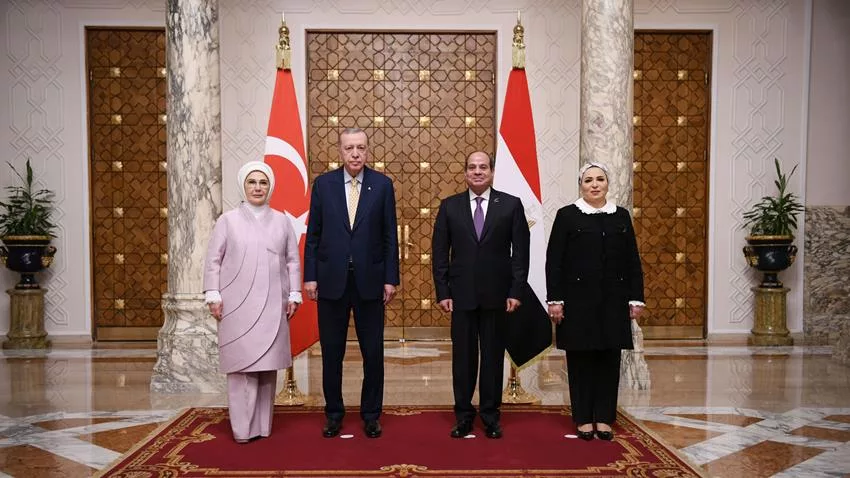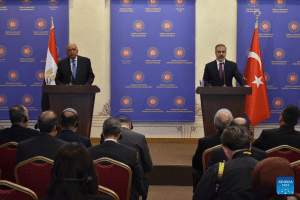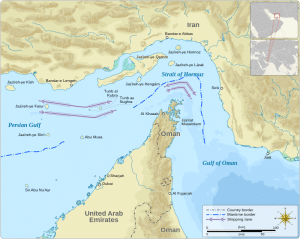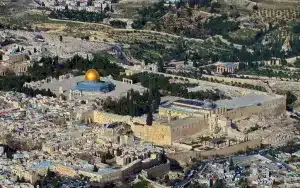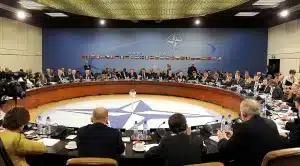The reconciliation between Türkiye and Egypt after years of animosity is seen as a potential catalyst for regional stability, especially amidst the ongoing Gaza crisis, analysts say.
In a landmark visit, Turkish President Recep Tayyip Erdogan met his Egyptian counterpart Abdel-Fattah al-Sisi in Cairo Wednesday, aiming to ease the Israeli-Palestinian conflict through strengthened Turkish-Arab ties. It is Erdogan’s first visit to Egypt in more than 10 years, during which Sisi called for efforts to “open together a new chapter” in bilateral relations.
During a press conference following their meeting, both leaders emphasized the urgency of a lasting ceasefire in Gaza, where Israeli military actions have triggered a humanitarian catastrophe.
“We will stand united with our Egyptian brothers to end the bloodshed in Gaza,” declared Erdogan, reiterating Türkiye’s unwavering support for the Palestinian cause. Sisi, in turn, announced a reciprocal visit to Türkiye in April, underscoring the commitment to this new chapter in relations.
Analysts view the reconciliation as crucial not only for the two countries but also for the wider region.
“The rapprochement between two regional powerhouses is mutually beneficial,” said Oytun Orhan, a senior expert at the Ankara-based Center for Middle Eastern Strategic Studies. “Their combined influence can be far more effective in addressing regional challenges.”
Orhan highlighted Türkiye’s recent efforts to mend fences with Gulf states, reversing a period of isolation. He sees Egypt as the most crucial piece of this puzzle, especially considering the delicate balance amid the Gaza conflict.
“This reconciliation could be a critical step towards de-escalation,” he said. “Closer cooperation between Türkiye and Egypt can pave the way for increased humanitarian aid to Gaza and potentially defuse the specter of a wider regional war.”
“We are currently seeing a period where normalization is perhaps the most needed, in terms of regional tensions,” said Ferhat Pirincci, an expert on the Middle East, and a scholar at Bursa Uludag University. He noted that intensifying cooperation between Türkiye and Egypt would help reduce regional tensions and establish a permanent, sustainable framework for true regional stability.
While Türkiye is a non-arab state, the Palestinian cause has a strong supporter base among the Turkish population and is championed by Erdogan and its ruling party.
The Turkish leader has recently vowed that Türkiye’s struggle for the Palestinians will continue until a sovereign Palestine state is created based on 1967 borders and with east Jerusalem as its capital.
The improvement of the bilateral ties is also conducive to the two countries’ economies, which are both facing difficulties.
Despite their decade-long falling off, trade relations between Ankara and Cairo remained robust. The goal is to increase the trade volume to 15 billion U.S. dollars shortly, Erdogan said in Cairo.
Furthermore, Turkish Foreign Minister Hakan Fidan said last week that Ankara would sell a batch of its armed drones to Cairo despite lingering regional differences.
However, challenges remain, particularly regarding their opposing stances on the Libyan conflict and maritime borders in the Eastern Mediterranean.
Orhan believes the dialogue initiated by the reconciliation could pave the way for constructive discussions on these sensitive issues, potentially leading to a peaceful resolution in Libya

